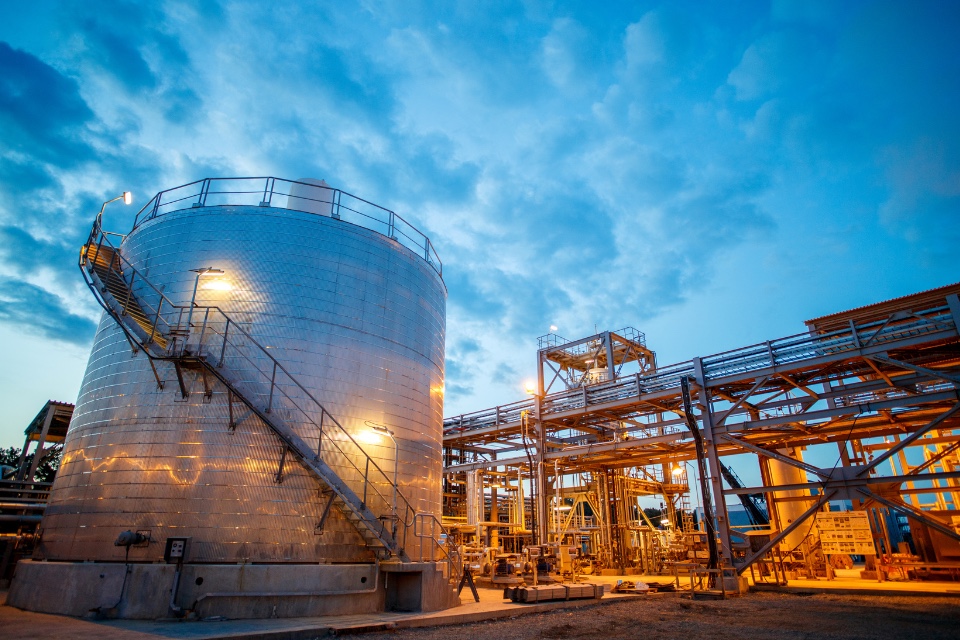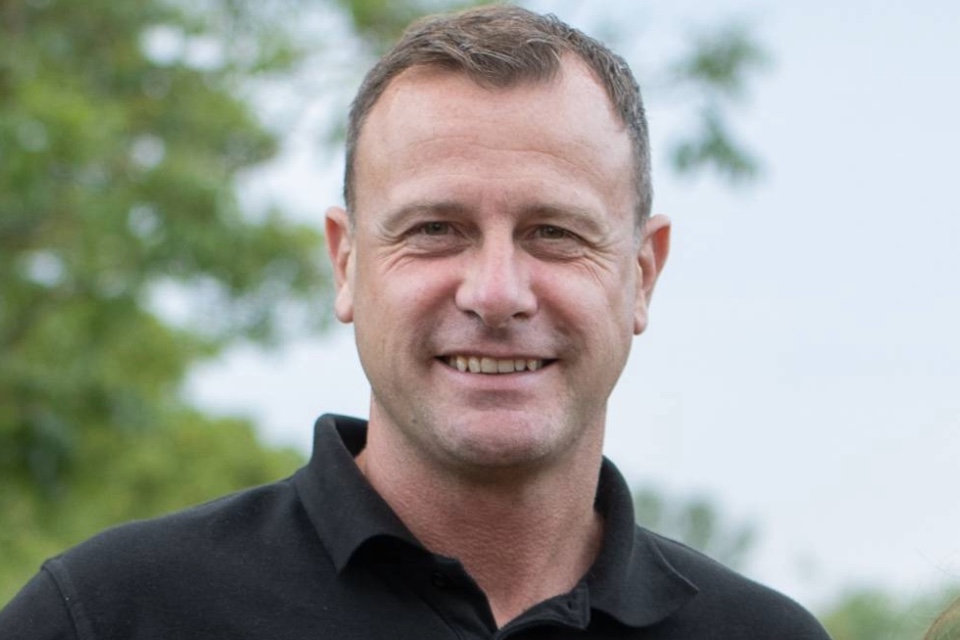In the latest instalment of our supply chain industry executive interview series we spoke to Holly Piggott (pictured), Director of Alinea Customs, about the sector’s geopolitical challenges, the opportunity for greater efficiencies presented by automated order routing, leveraging the benefits of free trade agreements and more…
Tell us about your company, products and services.
Alinea Customs offers professional customs clearance services at ports throughout the UK. Additionally, we provide customs consultancy services, legal advisory on supply chain agreements, and customs training to support businesses in navigating international trade, customs and regulations.
What have been the biggest challenges the Supply Chain industry has faced over the past 12 months?
Supply chains have faced challenges such as rapid inflation, geopolitical instability and extreme weather events. Compounding these issues are rising freight costs, due to the majority of shipping lines moving goods from Asia and the Middle East to Europe choosing to bypass the Bab-El-Mandeb straits and sail via the Cape of Good Hope; the restructuring of major industry players; and the ongoing push for decarbonisation requiring investment in new technology.
And what have been the biggest opportunities?
Advanced technologies present opportunities for intelligent, automated order routing and integration with customs API tools, creating rapid customs clearance and driving greater efficiency.
What is the biggest priority for the Supply Chain industry in 2025?
The UK will accede to the CPTPP on 15 December 2024, gaining access to preferential tariffs and regional value cumulation with member nations, to the exception of Canada and Mexico, who have yet to ratify the UK’s access. Indirect benefits may arise from interplay with RCEP nations.
What are the main trends you are expecting to see in the market in 2025?
We expect to see:
- Leveraging of the benefits of free trade agreements to enable tariff free access to markets and reduced supply chain costs
- Further integration of tools and technologies that support supply chain risk prediction, including those that cover CBAM and ESG dimensions and interoperability with inventory systems.
What technology is going to have the biggest impact on the market this year?
We will continue to see the rise of AI, including GEN AI, big data, machine learning, automation and robotics, with more integrations into workflows and the global supply chains.
In 2025 we’ll all be talking about…?
The overarching narrative in 2025 will continue to revolve around creating smarter, more sustainable, and resilient supply chains capable of navigating a rapidly changing world.
Which person in, or associated with, the Supply Chain industry would you most like to meet?
In terms of commercial realpolitik, I would like the opportunity to discuss trade tariffs, sustainability and global supply chains with Elon Musk.
What’s the most surprising thing you’ve learnt about the Supply Chain sector?
I see the interconnectivity of the supply chain sector as essential, linking economies and driving innovation.
You go to the bar at the Total Supply Chain Summit – what’s your tipple of choice?
A light Beaujolais.
What’s the most exciting thing about your job?
I find it interesting to be able to work in a variety of sectors and establish resolutions for customs-related problems on behalf of commercial and corporate entities. Additionally, it is exciting to watch our clients scale up in new markets.
And what’s the most challenging?
For early-stage companies that are new to international trade, the process of ensuring that their documents are compliant, through reviewing them and requesting revisions is a necessary part of the process.
What’s the best piece of advice you’ve ever been given?
My friend Lea shared some advice with me that her father – who is the CEO of a private-jet business, shared with her: “Sit on your hands.” Placed in context – an advocacy of a passive approach to managing emotive situations.
Peaky Blinders or Stranger Things?
Suits.







